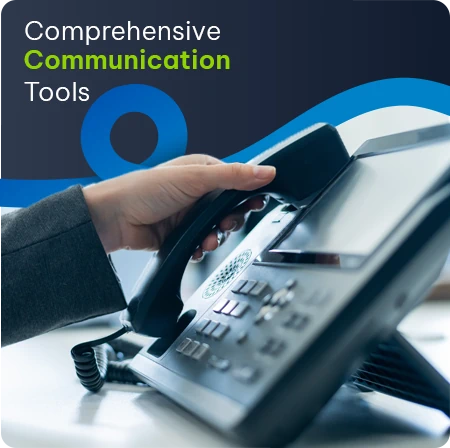25 May 2023, Johannesburg: A growing number of South African consumers are reducing spending as economic conditions worsen, and connectivity is one of the areas where they are cutting costs. In response, Vox, an integrated ICT and infrastructure provider, has announced the launch of a 10Mbps Uncapped fixed-LTE solution that will provide them with cost-effective internet connectivity.
“When the Covid lockdown was initially put in place, people signed up for whatever connectivity solution was available in order to be able to continue working from home, including for example using data dongles with SIM cards. This was especially the case in areas where there was no fibre network coverage. However, over time these users have come to realise that continuously having to top up data bundles is not as cost-effective as an uncapped connection,” says Chris Boshoff, Senior Product Manager: LTE at Vox.
However, with lockdown restrictions eased, many organisations have turned to hybrid working, while others have called on their employees to return to the office full-time. In both cases – and with affordability being the top priority – consumers are reassessing whether they have the right connectivity for their current needs and budget.
Boshoff says that apart from the increased expense of top-ups, there is also the inconvenience factor – not everyone uses online banking and many people still need to go to a physical store in order to buy data vouchers. Having an uncapped solution instead saves them both the money and time of having to keep topping up a prepaid mobile subscription. He adds that these consumers are looking for something that is more affordable to start off with and that there was visible market demand for an uncapped product at a more competitive price point.
“In response to this demand, Vox has launched a 10Mbps uncapped fixed-LTE service with a Fair User Policy of 400GB, which comes in at the same price of a capped 200GB service. This will give users peace of mind as they don’t have to worry about continually buying data bundles. While it may not seem like it, all those 1GB and 2GB bundles bought to extend their access to connectivity add up and cost more over time,” says Boshoff.
“The service that they get through this product is good enough to keep the average budget conscious household connected. Consumers are not locked into long-term contracts, and they know exactly how much they are going to spend per month and won’t run out of data at an inconvenient time. It offers better value for money and simply cannot be compared in terms of the cost of having to continually top up,” he adds.
Boshoff points out that, unlike regular mobile LTE subscriptions, a fixed-LTE service is usually linked to the base station towers that are allocated to provide high-speed internet in your location, so you can’t just pick up your WiFi router and move to another area and maintain connectivity. However, customers have the ability to add a secondary address whenever required, within a matter of minutes.
He explains that customers can change the secondary address as often as they want so it’s not restricted to a single location, but can’t drive around with it and use it like they would with a mobile data connection.
“While this is mainly a consumer-focused product, it can also be used by small businesses. In both cases, this product gives them access to affordable, reliable, uncapped internet. Having a fixed cost helps individuals and businesses to better budget for their connectivity by knowing exactly how much they will spend each month, and this is not something that can be easily determined when you are at the mercy of top-ups,” concludes Boshoff.












